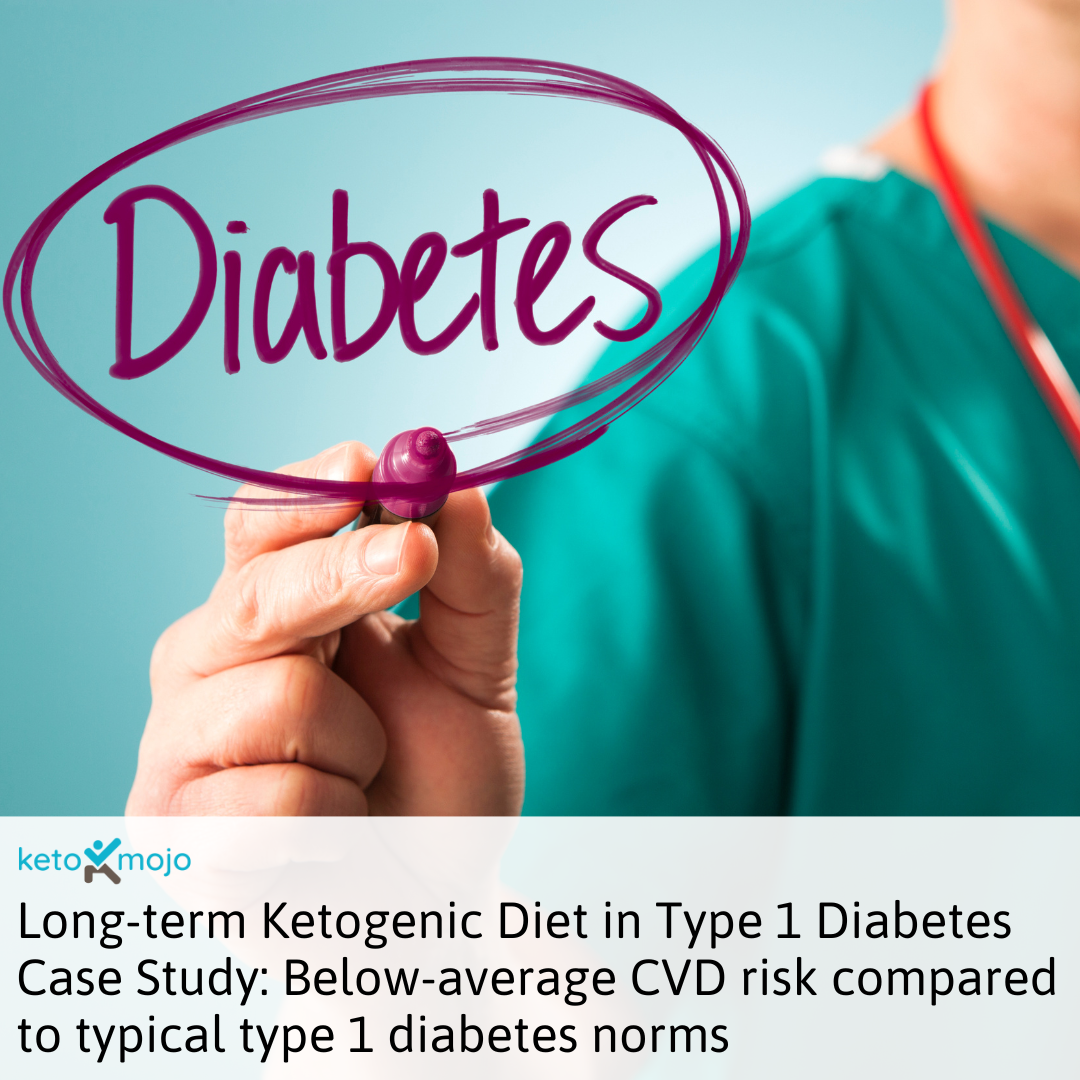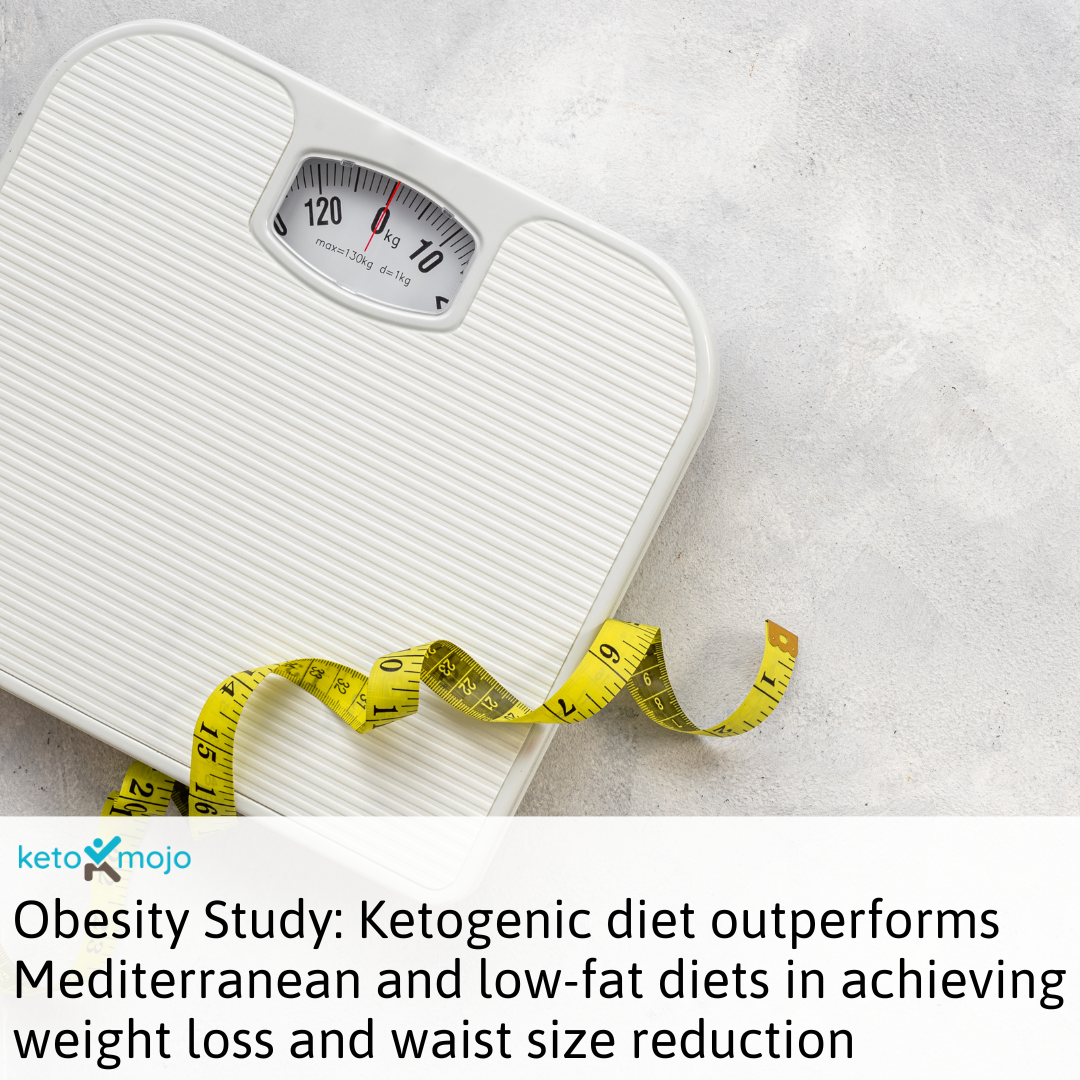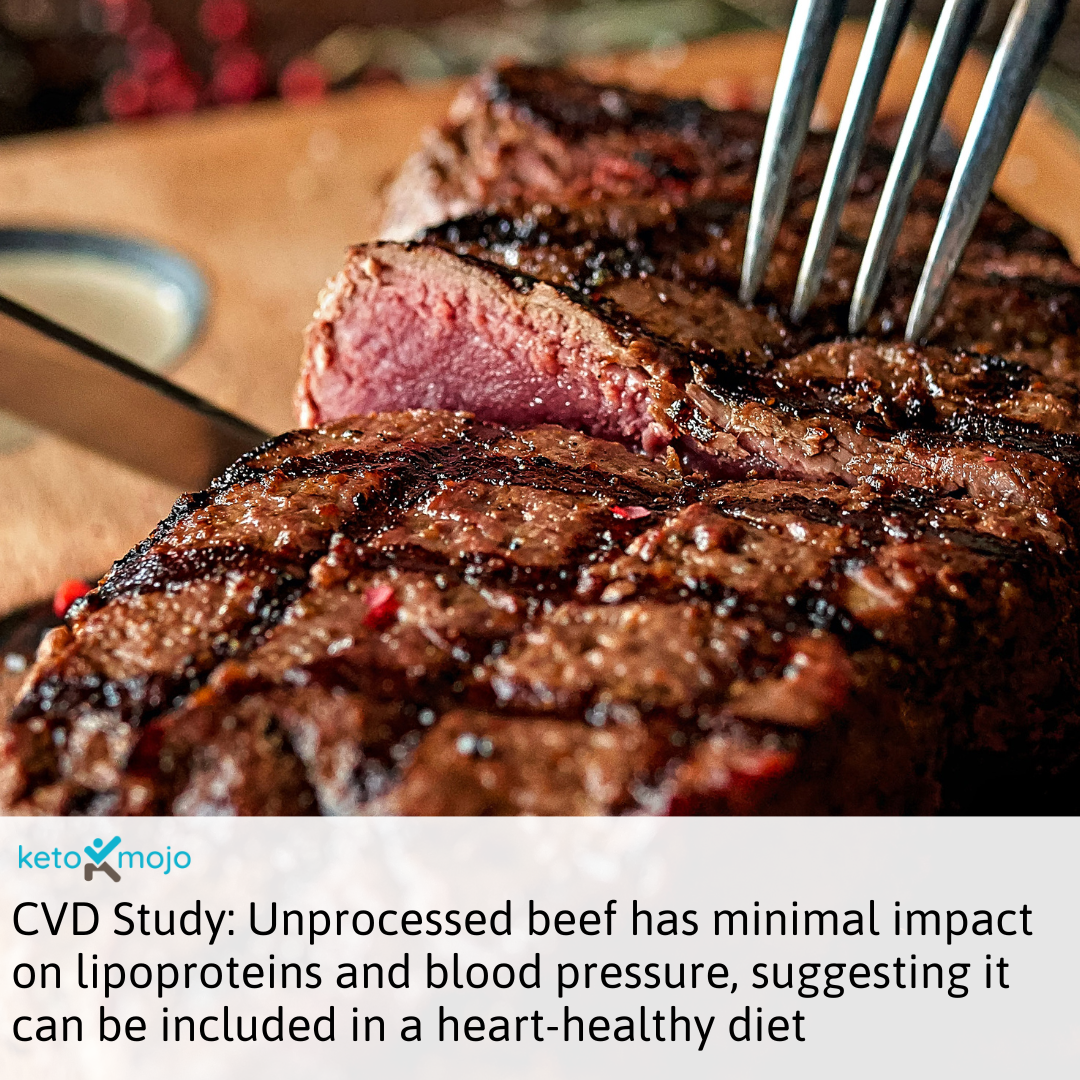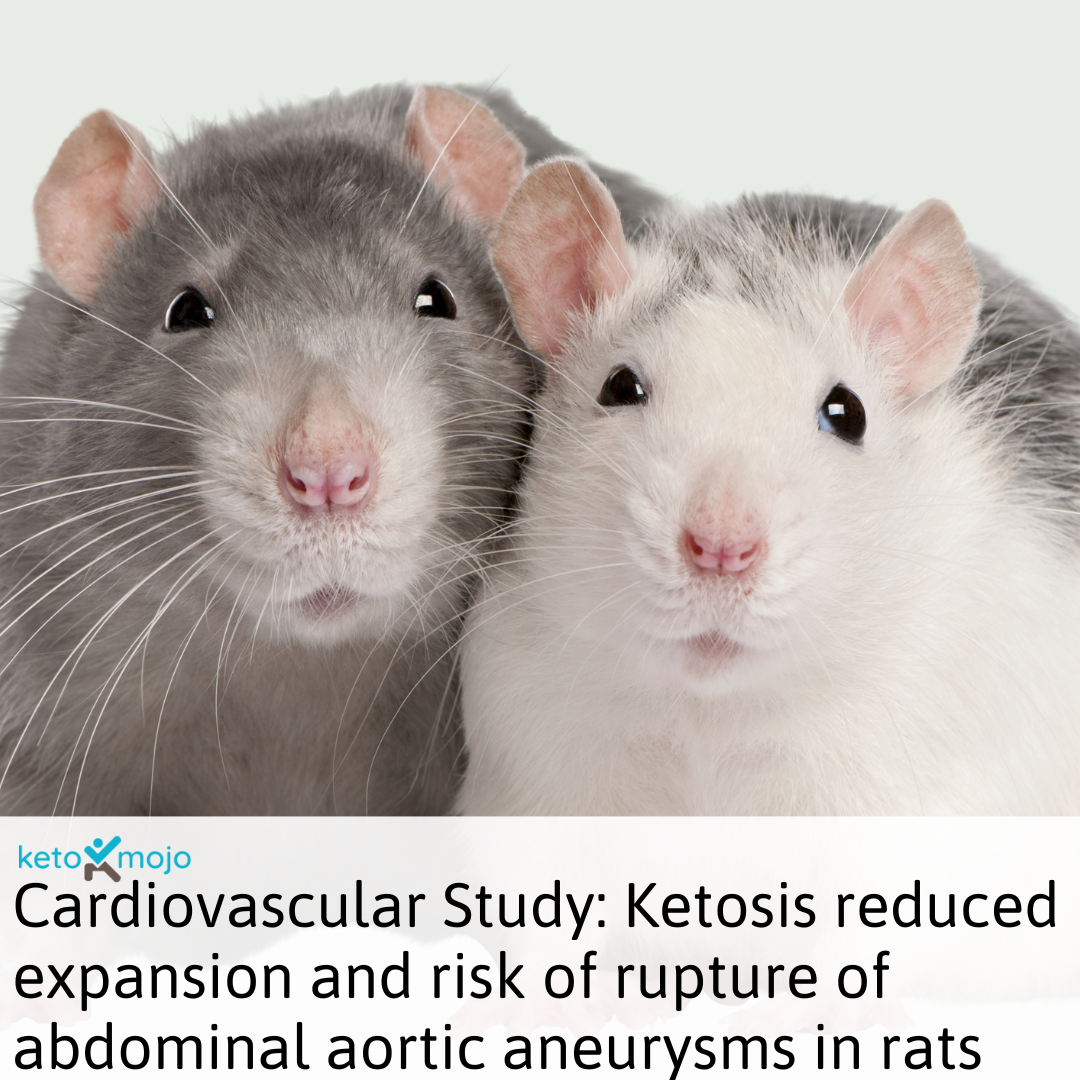Cardiovascular Disease, Diabetes
Advanced Cardiovascular Physiology in an Individual with Type 1 Diabetes After 10-Year Ketogenic Diet

People with type 1 diabetes are at a higher risk of cardiovascular disease (CVD) compared to those without diabetes. This elevated risk is largely due to poor glycemic control, as indicated by HbA1c levels above 5.7% in over 99% of individuals with type 1 diabetes. While a very-low-carb ketogenic diet has been shown to improve glycemic control and reduce insulin needs in people with type 1 diabetes, there are concerns about its long-term impact on CVD risk.
A recent case study analyzed cardiometabolic biomarkers over a 60-day period in an adult with type 1 diabetes who had been on a ketogenic diet for 10 years, comparing these results to typical values for people with type 1 diabetes.
Results:
- The participant’s HbA1c, glucose time in range, triglycerides, heart rate, flow-mediated dilation, and most other biomarkers were within target ranges. The majority of people with type 1 diabetes do not achieve these targets.
- Echocardiography showed no signs of left ventricular diastolic dysfunction.
Despite concerns about the long-term cardiovascular effects of a ketogenic diet, the participant showed below-average CVD risk compared to typical type 1 diabetes norms. Although further research is needed, these findings suggest the potential benefits of a ketogenic diet in managing type 1 diabetes and reducing associated cardiovascular risks.





